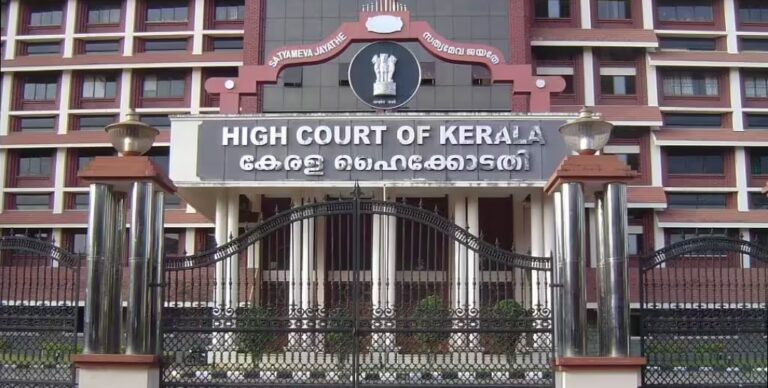The case of Sterling Farm Research and Services Pvt. Ltd. v. Commissioner of Income Tax came before the Kerala High Court concerning the validity of a revisional order passed under Section 263 of the Income Tax Act, 1961. The dispute arose from the Assessment Year 2016–17, during which the assessee had reported income from a slump sale transaction under Section 50B. The Commissioner of Income Tax (CIT), exercising suo motu revisionary powers, found that the Assessing Officer (AO) had completed the assessment without conducting adequate inquiries into the computation of net worth and valuation of assets involved in the slump sale. Holding the assessment order to be erroneous and prejudicial to the interests of the Revenue, the CIT invoked Section 263. The order was subsequently upheld by the Income Tax Appellate Tribunal (ITAT). Aggrieved, the assessee approached the Kerala High Court, challenging the validity of the revision and contending that the AO had indeed applied his mind. The High Court, however, confirmed the revision, emphasizing the importance of proper inquiry and due diligence in assessment proceedings involving slump sale transactions.
Facts of the Case
- The assessee, Sterling Farm Research and Services Pvt. Ltd., filed a return of income for A.Y. 2016–17 declaring income from a slump sale.
- During the assessment proceedings, the Assessing Officer (AO) accepted the computation of long-term capital gains as declared by the assessee without conducting any detailed inquiry regarding:
- Valuation of assets and liabilities included in the slump sale.
- Computation of net worth as per Section 50B of the Income Tax Act.
- The Commissioner of Income Tax (CIT), on perusal of the records, found that the AO had completed the assessment without adequate inquiry on crucial aspects of the slump sale transaction.
Procedural History
- The CIT invoked Section 263, stating that the AO’s order was erroneous and prejudicial to the interests of the Revenue because:
- The AO failed to verify computation under Section 50B.
- The AO did not examine whether the slump sale was properly valued and disclosed.
- The assessee appealed to the ITAT, contending that the AO had applied his mind and hence revision was unjustified.
- The ITAT upheld the order of the CIT, agreeing that the assessment suffered from a lack of inquiry.
- Aggrieved, the assessee filed an appeal before the Kerala High Court.
Issues
Whether the CIT was justified in invoking Section 263 on the ground that the AO had not made proper inquiries into the slump sale transaction under Section 50B.
Held
The Kerala High Court upheld the CIT’s revisional order and the ITAT’s confirmation.
Key Observations
- The Court emphasized that:
- An order passed by the AO without due inquiry into significant issues amounts to an erroneous order.
- The Commissioner is empowered under Section 263 to revise such an order if it is both erroneous and prejudicial to the interests of the Revenue.
- The AO’s acceptance of the assessee’s computation without verifying the method of valuation and computation of net worth under Section 50B indicated a lack of application of mind.
- The Court reiterated that “lack of inquiry” is distinct from “inadequate inquiry” — and where there is total absence of inquiry, Section 263 can validly be invoked.
Decision
The Kerala High Court dismissed the assessee’s appeal, confirming the CIT’s exercise of revisionary powers under Section 263.
Conclusion
The ruling reinforces that where an AO passes an assessment order without proper verification of critical facts — such as those involving slump sale computations under Section 50B — the order is erroneous and prejudicial to the Revenue, warranting revision under Section 263.
